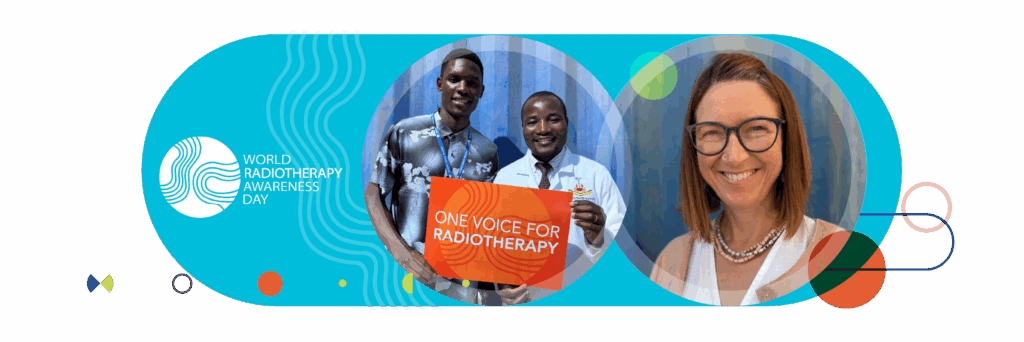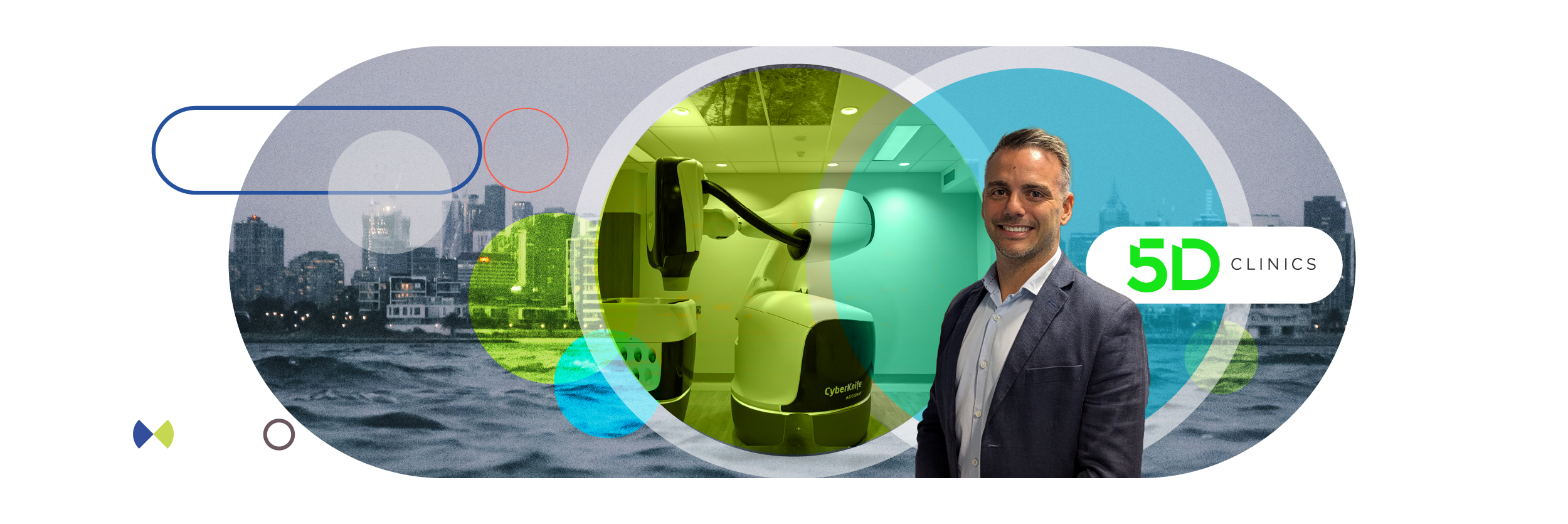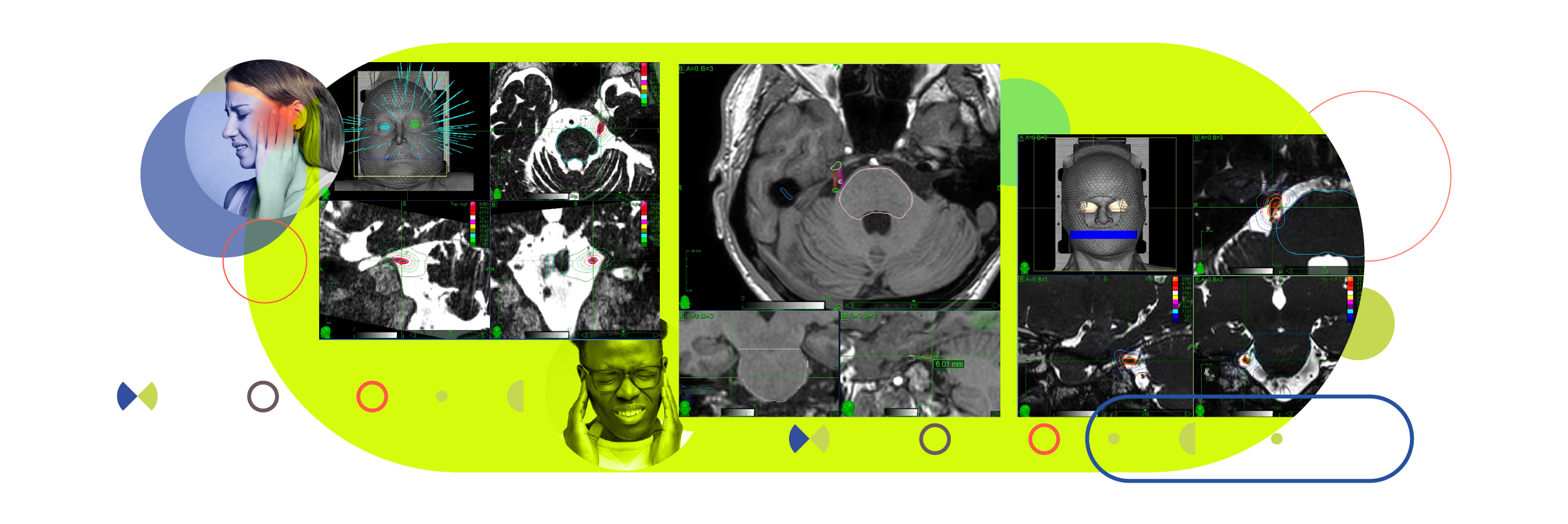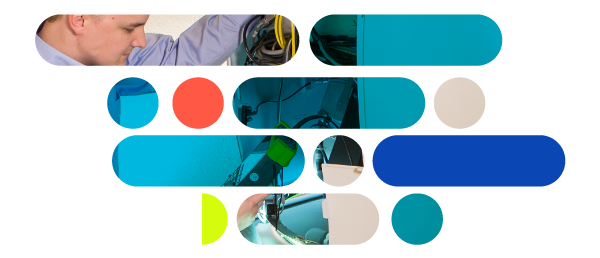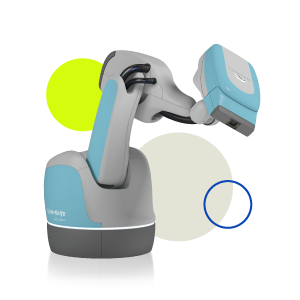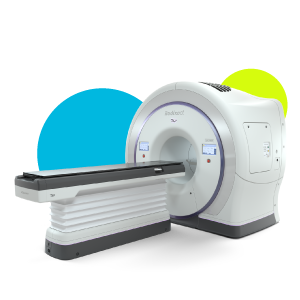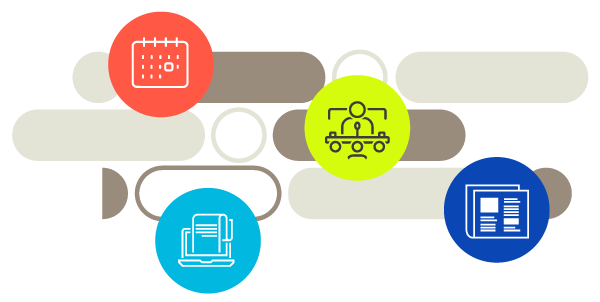September 7th 2025 marks the first World Radiotherapy Awareness Day (WRAD).
WRAD is a day dedicated to uniting together to highlight the essential role of radiotherapy in treating cancer, relieving symptoms, and improving quality of life for patients.
Access to radiotherapy is a critical global issue
The WRAD committee is made up of radiation and clinical oncology professionals, patients, and campaigners who are dedicated to launching this historic day; however, WRAD is a movement for everyone.
There are 4 key objectives:
- Raise awareness about the role of radiotherapy for cancer treatment
- Highlight the need to improve access to radiotherapy globally
- Educate healthcare professionals, patients, and policymakers about the significance of radiotherapy
- Recognize the importance of the radiotherapy professions, including the need for an adequate and skilled workforce
We interviewed Dr. Katie Wakeham Clinical Oncologist at Imperial College Healthcare NHS Trust, London, UK and Co-chair WRAD Committee. She is also co-founder of a radiotherapy mentorship project at the Uganda Cancer Institute.
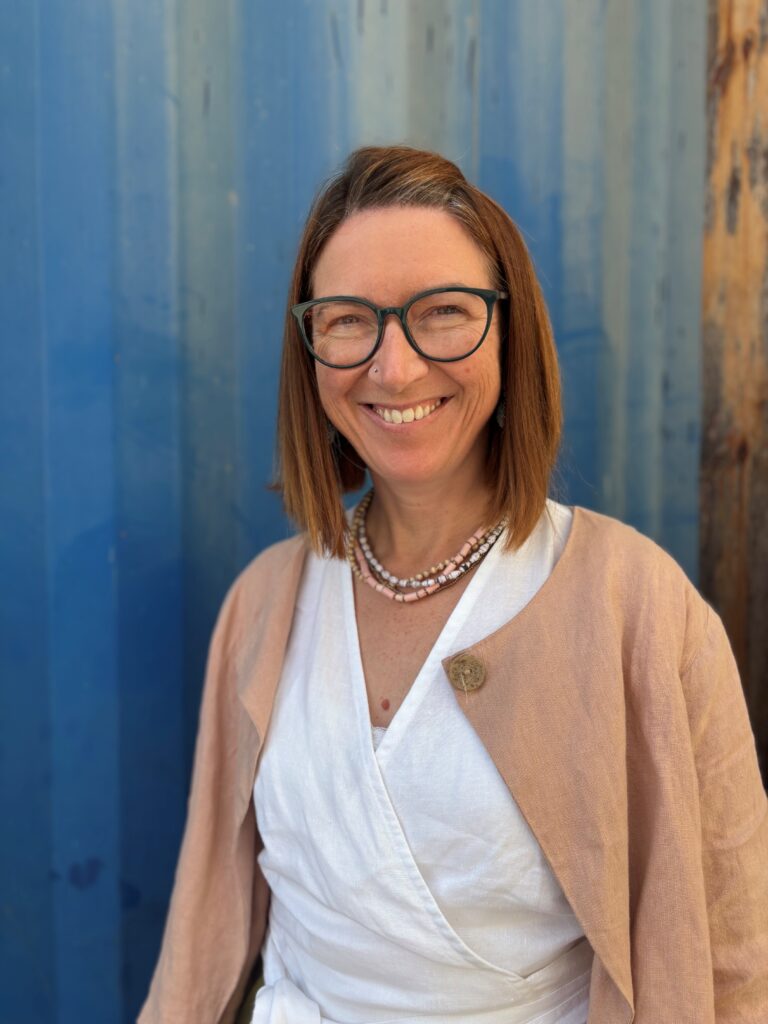
What inspired you to be involved in WRAD?
“My experience at working the radiotherapy field in both the UK and Uganda has given me personal experience of the challenges that patients face accessing cancer treatment. Access to radiotherapy can vary significantly based on geographic, socioeconomic and systemic factors. It is well established that timely access to radiotherapy can improve survival rates and quality of life for cancer patients, and knowing this has inspired me to campaign for the rights of people to receive it. I believe by communities coming together to leverage “One Voice for Radiotherapy” there is collective power to improve access to radiotherapy.”
What is the purpose of WRAD?
“To establish a World Radiotherapy Awareness Day, we aim to provide a platform for the global radiotherapy community to unite and draw attention to the vital role of radiotherapy among the public, media, and governments. It is not widely recognised that approximately half of adults and a third of children diagnosed with cancer should receive radiotherapy as part of their curative treatment. The primary goals of WRAD are to raise awareness about the significance of radiotherapy in cancer treatment and to highlight the urgent need to improve access to it, which is a critical global issue.”
“Approximately half of adults and a third of children diagnosed with cancer should receive radiotherapy as part of their curative treatment.”
“We seek to educate healthcare professionals, patients, and policymakers about the importance of radiotherapy, while also recognizing the contributions of radiotherapy professionals and stressing the necessity for a skilled and adequately sized workforce. I firmly believe that a recognized World Day will unite the community and amplify our efforts to confront these challenges on a global scale.”
Why Now?
“A remarkable team has come together to advance the foundational concept envisioned by my co-chair, Dr. Sandra Turner, Radiation Oncologist and Clinical Lead at Western Sydney Local Health District. We have witnessed firsthand the profound impact that radiotherapy can have on a patient’s life. However, we have also seen how radiotherapy has long been overlooked as a treatment option in comparison to chemotherapy and surgery. This neglect has contributed to a widening “treatment gap,” causing millions of patients to miss out on the benefits that radiotherapy can provide. Now is the time for us to address this disparity and advocate for the recognition and integration of radiotherapy as a critical component of cancer treatment.”
What are the key objectives for WRAD in the coming years?
“Ultimately, our aim is for WRAD to transform global perceptions of radiotherapy, enabling the industry to secure the necessary investment, talent, and innovation to better serve a greater number of patients. By creating a paradigm shift, we can improve access to radiotherapy on a global scale. In our foundational year, we have concentrated on building visibility within professional societies and among radiation healthcare professionals. In the years to come, we will engage patients to share their knowledge and drive advocacy efforts.”
How can people raise awareness of radiotherapy?
“WRAD is not a one-time initiative; it serves as a platform to ignite a lasting movement that can transform the perception, funding, and prioritisation of radiotherapy. We invite you to support this vital initiative and get involved by:”
- Following WRAD on social media to stay updated on efforts being made.
- Reposting and sharing messages about “One Voice for Radiotherapy” on your social media channels to be part of showing a significant and growth global movement
- Signing up for the WRAD newsletter on the WRAD website to receive the latest news and updates.
- Organising a WRAD event with your team using the resources available on the WRAD website, to celebrate the launch of this movement.
- Send WRAD photos, testimonials and any special news you would like to feature.
“Global participation is crucial in amplifying our message and creating a united front for radiotherapy.”
What advice would you give to someone newly diagnosed with cancer who is considering radiotherapy?
“It is crucial to discuss all treatment options with your medical team, including oncologists. Be informed and advocate for yourself; do not hesitate to ask questions about any aspect of the treatment process.”
“Remember, seeking second opinions is a positive step in ensuring you receive the best care. Take the time to gather knowledge about radiotherapy—understanding how radiation is used to target and destroy cancer cells is essential. Familiarise yourself with the potential benefits of radiotherapy, such as shrinking tumours or alleviating symptoms.”
“Keep in mind that side effects can vary depending on the treatment area. Moreover, consider joining support groups or speaking with others who have undergone similar treatments. Emotional and psychological support is vital during this challenging time. Fortunately, there are many resources available, including the podcast “Rad Chat,” for insightful discussions.”
What advice would you offer to individuals interested in pursuing a career in radiotherapy or those currently working in the field?
“Firstly, please join WRAD events and read the testimonials on the WRAD website and social media. This will give you a sense of the dedicated healthcare professionals and their inspiration to improve patient care.”
“Becoming a radiotherapy professional is a rewarding career choice. It offers the chance to be part of an essential healthcare field that directly impacts patients’ lives, presents diverse career opportunities, and contributes to advancements in cancer treatment.”
“Throughout my career, I have had the opportunity to make a significant difference in patients’ health and well-being, which has been profoundly fulfilling. I have been privileged to work in diverse settings and contribute to research and cancer care in Uganda. Additionally, I am fortunate to be part of a supportive team that shares a passionate commitment to the work we do.”
“With rising cancer rates worldwide, there is an increasing need for skilled radiotherapy professionals. The field of radiotherapy encompasses various roles, including radiation oncologists, medical physicists, radiation therapists, and dosimetrists. This diversity allows individuals to find a niche that aligns with their interests and skills, whether it involves direct patient care or advancing medical technology.”
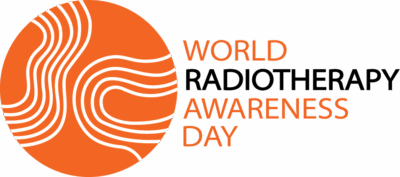
References
- Zhu, Hongcheng et al. Global radiotherapy demands and corresponding radiotherapy-professional workforce requirements in 2022 and predicted to 2050: a population-based study. The Lancet Global Health, Volume 12, Issue 12, e1945 – e1953
- Mee T, Kirkby NF, Defourny NN, Kirkby KJ, Burnet NG. The use of radiotherapy, surgery and chemotherapy in the curative treatment of cancer: results from the FORTY (Favourable Outcomes from RadioTherapY) project. Br J Radiol. 2023 Dec;96(1152):20230334. doi: 10.1259/bjr.20230334. Epub 2023 Oct 24. PMID: 37807934; PMCID: PMC10646636.
- Lievens Y, Gospodarowicz M, Grover S, Jaffray D, Rodin D, Torode J, Yap ML, Zubizarreta E; GIRO Steering and Advisory Committees. Global impact of radiotherapy in oncology: Saving one million lives by 2035. Radiother Oncol. 2017 Nov;125(2):175-177. doi: 10.1016/j.radonc.2017.10.027. PMID: 29173397.
